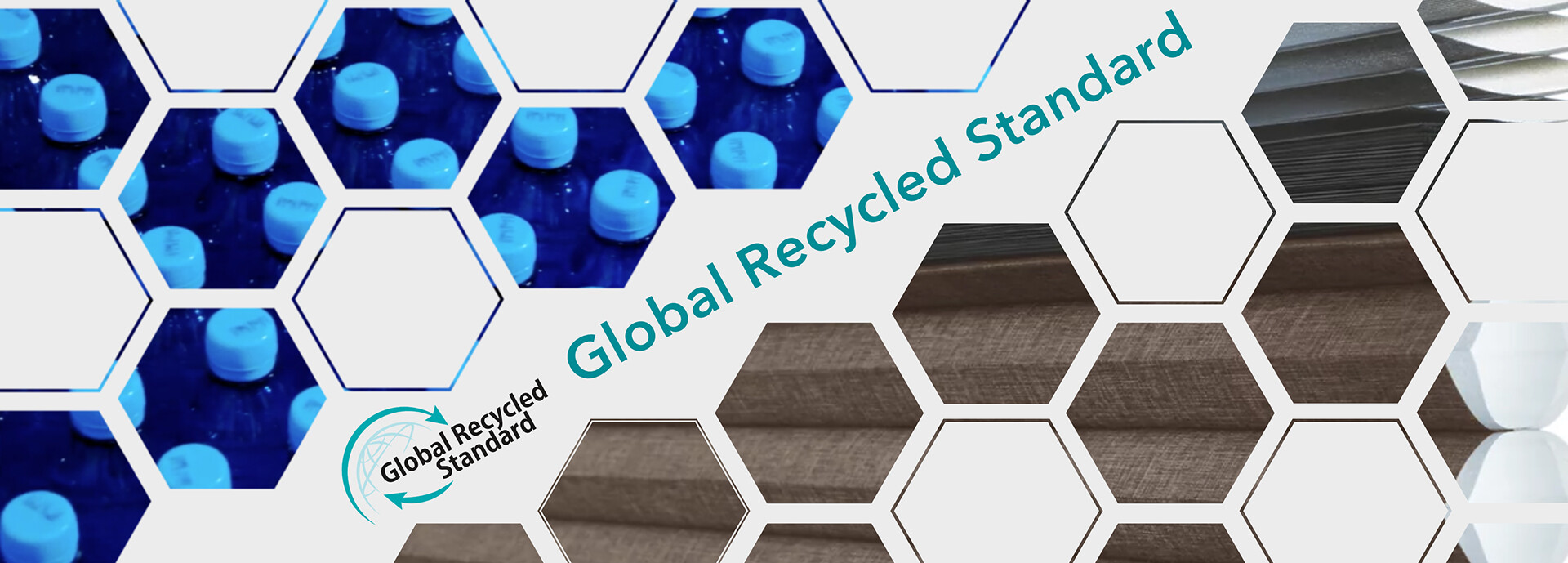

In 2016, the Chilean Congress enacted Law 20.920 with the aim of reducing waste generation and encouraging its reuse, recycling, and other forms of recovery. This was achieved through the implementation of extended producer responsibility and other waste management tools. Chile's Law 20.920 creates a comprehensive framework for waste management within the country based on Extended Producer Responsibility (EPR). Although the legislation was passed in 2016, its practical implementation via regulations and enforcement only commenced in 2023 when the first mandatory collection targets for packaging materials came into effect. This law represents Chile's first mandatory EPR system and endeavors to align waste management practices with OECD standards while also promoting recycling and circular economy principles.
To attain these objectives, Law 20.920 lays down the following fundamental principles:
"Polluter Pays": The entity that generates waste is accountable for it and must internalize the costs and negative externalities associated with its management.
Gradualism: The obligations related to preventing waste generation and promoting its reuse, recycling, and other forms of recovery will be established or required incrementally.
Inclusion: A range of training, financing, and formalization mechanisms and tools are designed to fully integrate "basic recyclers" into waste management.
Hierarchy in Waste Management: There is a preferred order for waste management, with the prevention of waste generation being the top priority, followed by reuse, recycling (either of the whole or just its components), and energy recovery. Waste disposal should be the last resort.
Competition: The operation of management systems should not undermine market competition.
Participatory: Community education, input, and involvement are essential for preventing waste generation and promoting its reuse, recycling, and other forms of recovery.
Precautionary: The absence of scientific certainty cannot be used as a reason to halt the implementation of measures aimed at reducing the risks to the environment and human health resulting from waste management.
Preventive: Actions and measures are put in place to modify behavior regarding the inputs and raw materials used in production, design processes, and consumption. These actions also aim to avoid waste generation or reduce its quantity and hazard level.
Responsibility of the Waste Generator: The generator's responsibility begins at the moment waste is initially generated and continues until its recovery or disposal ("cradle to grave").
Transparency and Publicity: Waste management should be carried out transparently, and the community should have access to relevant information.
Traceability: There are pre-established and self-sufficient procedures that enable the tracking of the quantities, location, and movement of waste or a batch of waste throughout the management chain.
Pursuant to Law 20.920, all waste generators are required to deliver waste to an authorized manager for treatment. The authorized manager must handle the waste in an environmentally sound manner, applying the best available techniques and practices.
With regard to extended producer responsibility, Article 9 of Law 20.920 defines it as a special regime for waste management. Under this regime, the producers of priority products are responsible for organizing and financing the waste management of those products. The legislation focuses on six priority products: lubricating oils, electrical/electronic equipment, batteries, packaging, tires, and batteries. The law adopts a hierarchical approach to waste management, prioritizing prevention, reuse, recycling, and energy recovery over disposal.
Key aspects include:
Producers must register, organize, and finance collection/treatment systems through individual or collective management schemes.
Specific collection and recycling targets are set according to product category.
Producers must fulfill associated obligations such as providing consumer information and meeting eco-design requirements.
The law promotes the inclusion of informal waste collectors ("recicladores de base") by requiring their certification and integration into formal management systems.
Moreover, Article 8 specifically deals with waste imports and exports, stipulating that they must comply with the Basel Convention. The law also:
Prohibits the import of hazardous waste for disposal.
Allows the import of hazardous waste for recycling only if authorized by the Ministry of Environment and handled by authorized waste managers.
Requires importers and exporters to report the type, quantity, origin, and treatment of waste through the Pollutant Release and Transfer Register.
Empowers the Ministry to deny import/export authorizations if there is evidence that the waste will not be managed in an environmentally sound manner.
Requires a decree to establish the requirements and procedures for waste import/export/transit authorizations, including associated guarantees.
Enforcement responsibilities are shared between the Ministry of Environment, which sets targets and approves management systems, and the Superintendence of Environment, which oversees compliance and can impose sanctions for violations.
